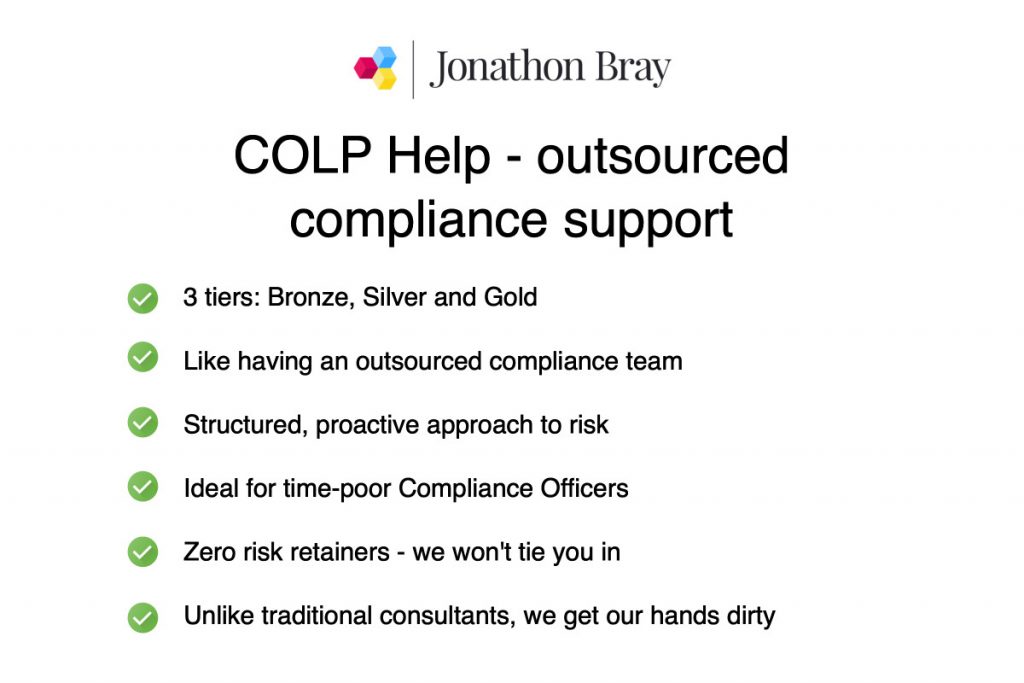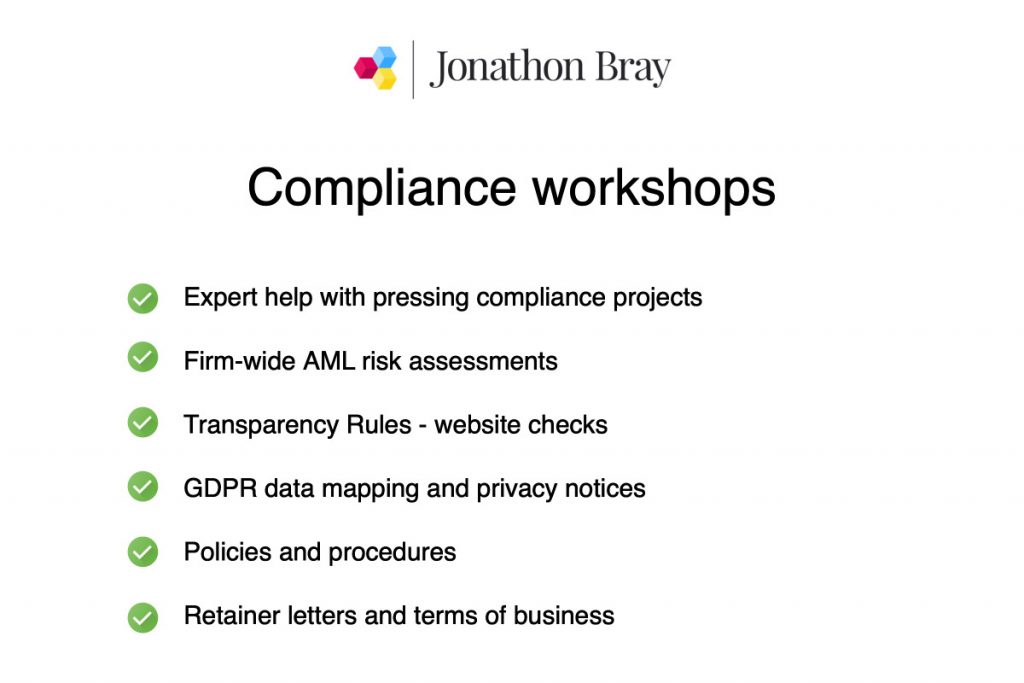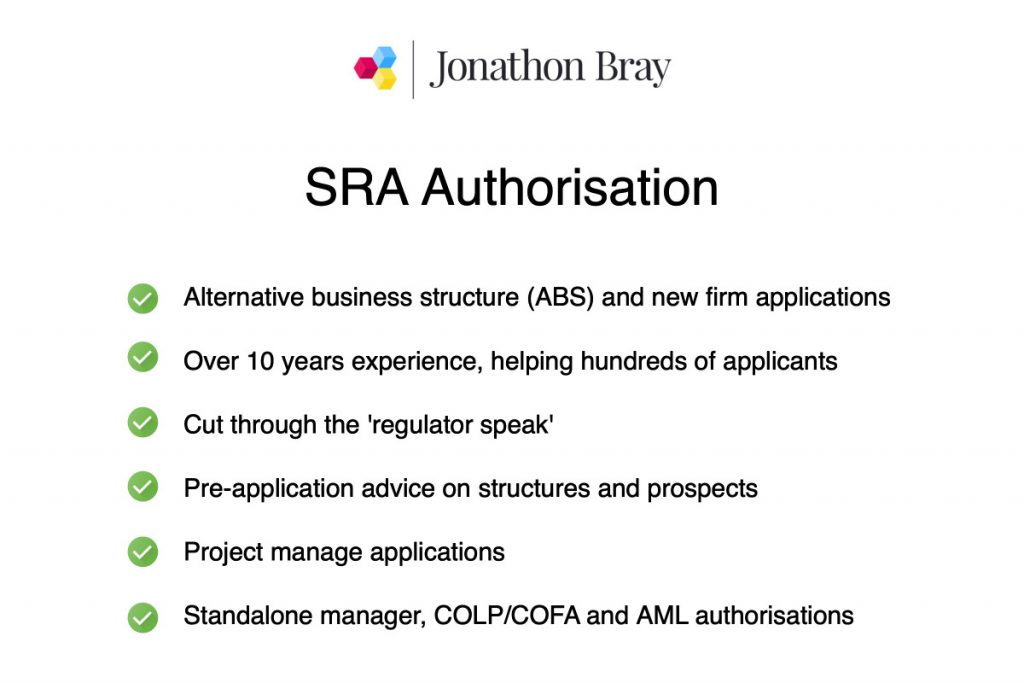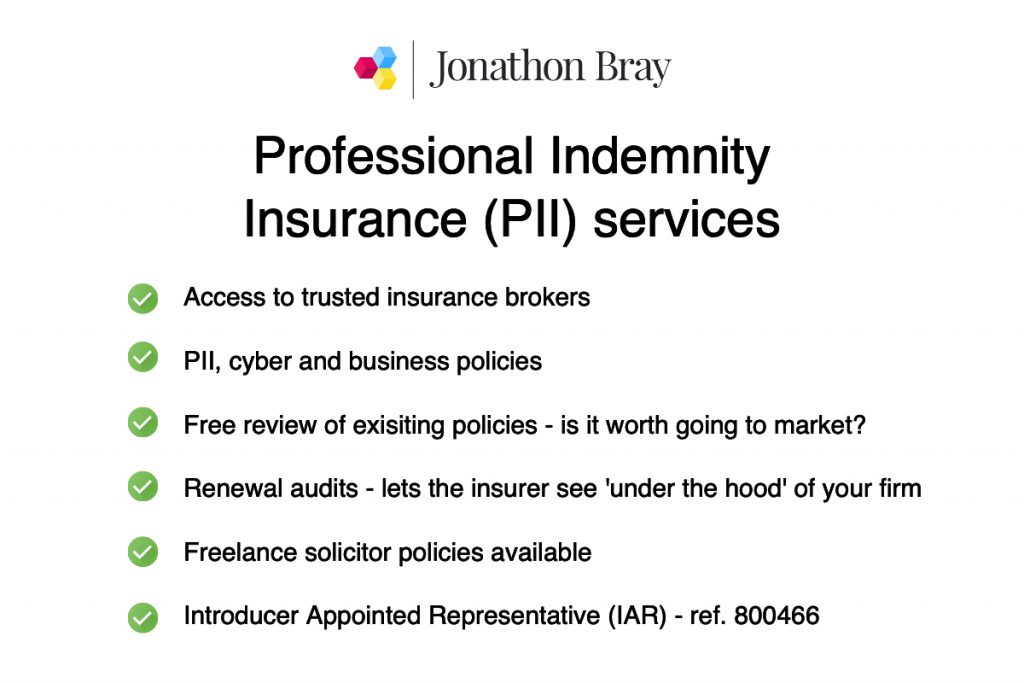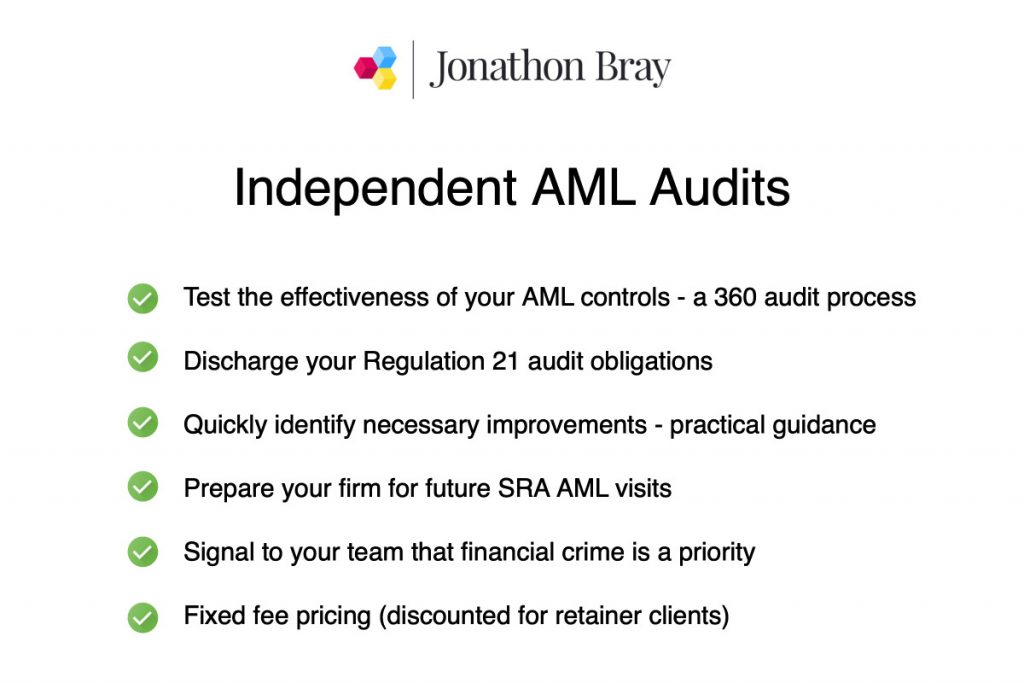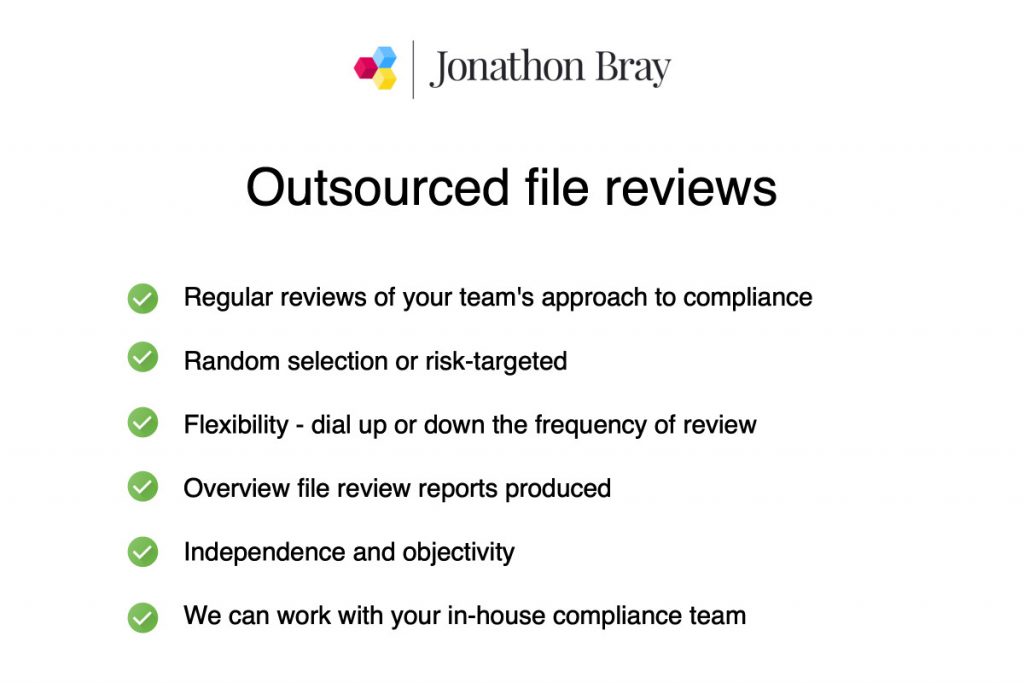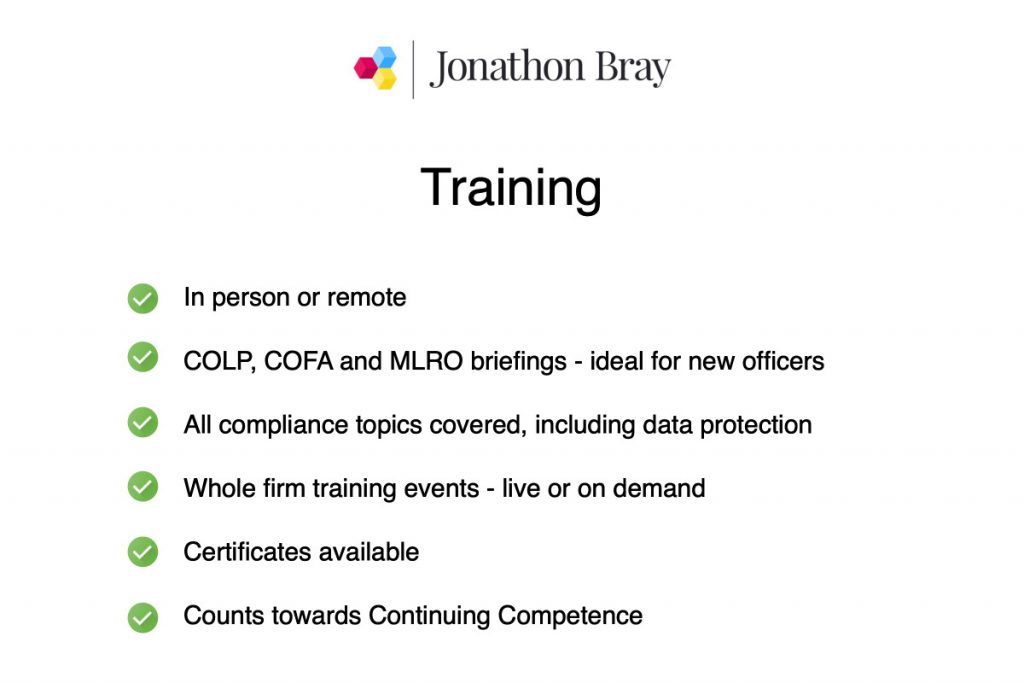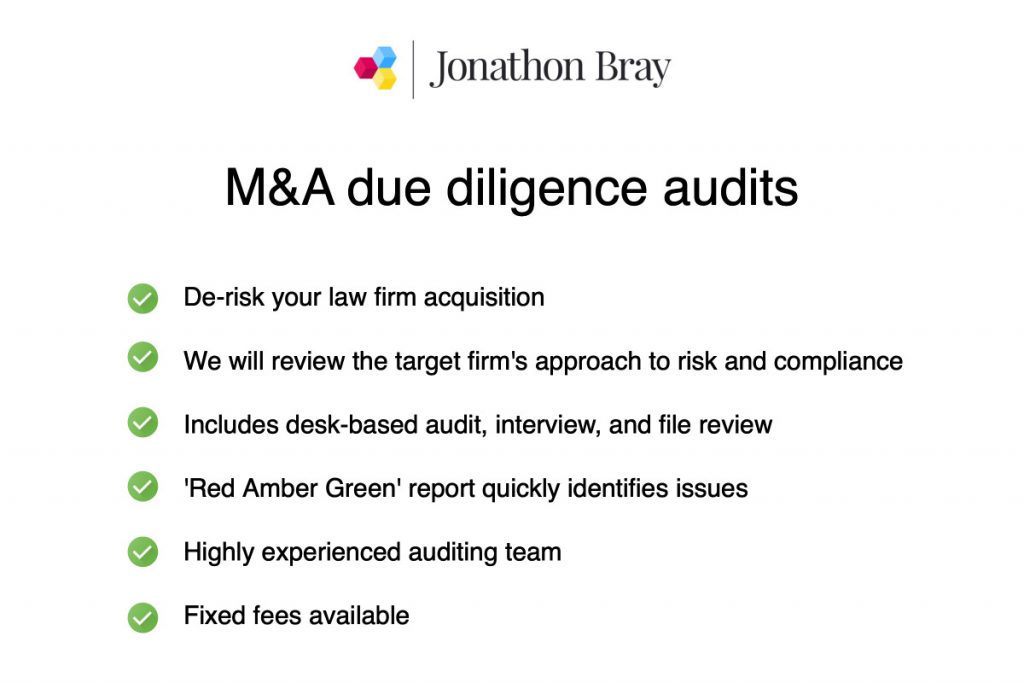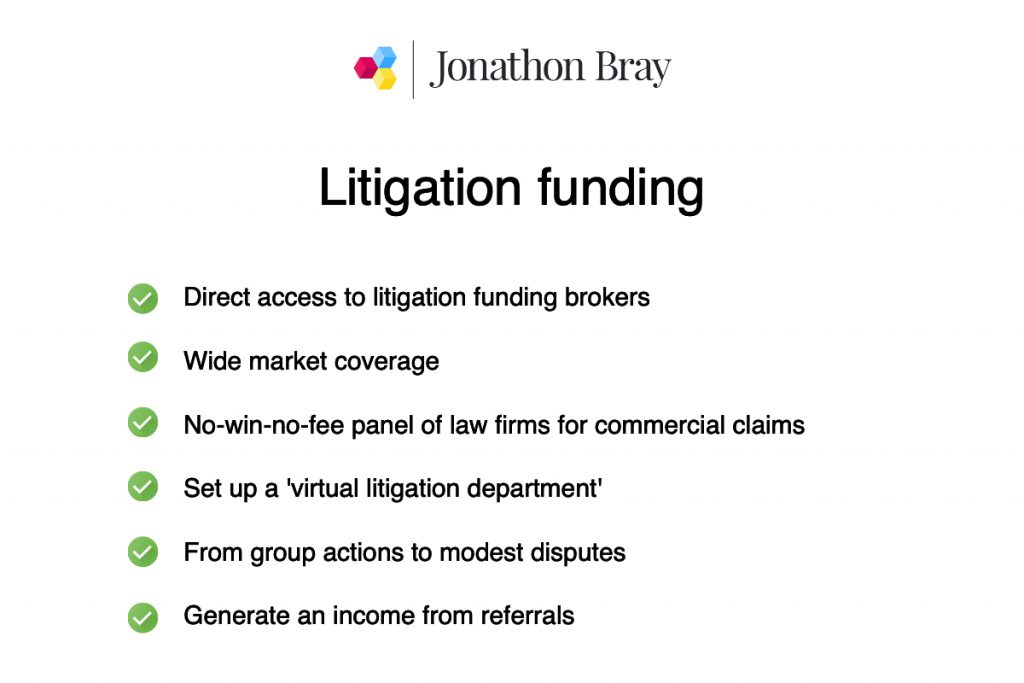The SRA’s AML enforcement against small firms continues to tighten
In recent months, the Solicitors Regulation Authority (SRA) has markedly intensified its Anti-Money Laundering (AML) enforcement actions, reflecting a stern commitment to mitigating AML risks within the legal sector. This trend is particularly evident from the notable rise in both the frequency and magnitude of fines levied against non-compliant firms. Law firm leaders need to take note. There is no sign of the regulator’s current obsession with AML waning.
In the first quarter of 2024 there were nearly £170,000 of fines handed out to ten firms.
Sole practitioner hit with £750 fine for (wait for it) not completing a workforce diversity survey
No, it’s not a late April Fool’s joke. LawLand Solicitors, a sole practitioner firm, was recently fined £750 by the Solicitors Regulation Authority (SRA). The fine was imposed for failing to “submit to the SRA its workforce diversity data after the SRA asked it to do so, in breach of paragraph 3.3(a) of the Code of Conduct for Firms”.
The decision to penalise a small-scale operator for relatively trivial matters seems misplaced. Particularly when the regulator faces far greater risks to the public from inside and outside the profession.
ICYMI: Paralegal ‘struck off’ for embellishing his CV – don’t be tempted
In the competitive legal job market, the temptation to embellish one’s CV to land a dream job can be alluring. However, the recent case of Guillaume Kitumaini underscores the serious repercussions of lying to prospective employers.
Guillaume Kitumaini, a non-lawyer, appears to have fallen into the trap of overstating his qualifications and experiences on his CV. In a decision published by the SRA:
“It was found, on his own admission, that Mr Kitumaini misled his employers by providing them with a candidate profile/CV stating that he had achieved an LLM qualification with a merit when he had not and misled [his employer] when it challenged him about the veracity of information provided in his CV.“
ICYMI: Insurance distribution: A guide for solicitors
In a recent webinar (titled “Scoping out the rules: insurance distribution dos and don’ts for Solicitors”) hosted by Jonathon Bray with Rachael Eyre, Ed Marshall, and guest panellist John Pennie from Marsh Insurance Brokers, participants delved into the intricacies of the Insurance Distribution Directive (IDD) and its implications for solicitors. This post summarises the main insights and takeaways from the presentation, offering solicitors practical guidance on adhering to the IDD’s requirements.
A recording of the session is available in the Free webinars and recordings section, below.
You may also be interested in the post Insurance distribution: A summary of the rules for law firms.
News and Guidance

SRA Updates
- Interest rates and the client account – The SRA has issued an update regarding the management of client money, specifically focusing on the importance of paying interest fairly. Due to recent significant increases in the Bank of England’s base rate, solicitors are reminded to review their client account interest policies to ensure they are appropriate and fair under current economic conditions. The regulator emphasises that all client money should be handled according to principles that prioritise the client’s best interests.
For now, this appears to be a polite reminder of existing rules. However, as we have seen on previous occasions, if the SRA believes there is an ongoing trend of non-compliance, they will escalate the guidance to a Warning Notice and prosecutions will follow.
- Apply to remain on the roll for 2024 (now open) – For those of you without current practising certificates, the annual exercise to remain on the roll of solicitors is open until 28 May 2024.
- SRA starts search for new Board Chair – The current Chair, Anna Bradley, is stepping down.
- Year two review of SQE shows continued improvements – The SRA has released a report celebrating the second year of the Solicitors Qualifying Examination (SQE), which indicates that over 7,000 candidates have taken the SQE1 since its introduction. The report highlights a broad range of candidates, including those qualifying through apprenticeships and overseas qualifications, reflecting the diverse pathways the SQE facilitates. It also addresses challenges such as the lower pass rates among certain groups, with initiatives planned to enhance support and ensure the exam’s accessibility and fairness.
Law Society Updates
- Gazette: SQE marking fiasco: 175 candidates wrongly told they failed exam – In a recent blunder that has sparked outrage and concern among aspiring solicitors, the SRA mistakenly informed 175 candidates that they had failed their Solicitors Qualifying Examination (SQE) when they had actually passed. The error, attributed to a “technical issue” with the results algorithm, was identified only after several candidates requested a review of their scores.
The SQE is a critical assessment that candidates must pass to qualify as solicitors. The incorrect results were communicated to the candidates in early April, leading to undue stress and confusion among those affected. The mistake came to light after discrepancies were noted between the individual performance reports and the final results communicated.
The SRA issued an apology and corrected the results upon discovering the mistake. The regulator has also promised to review their results processing procedures to prevent future errors.
This incident has prompted calls for an external audit of the SRA’s examination processes and results handling to ensure the integrity of the system and maintain confidence among future candidates.
- Gazette: SRA to be probed over SSB collapse – The Legal Services Board (LSB) has expanded its Axiom Ince investigation to include the SRA’s involvement in the abrupt downfall of law firm SSB, a firm which owed over £200m.
The collapse of SSB in January raised serious questions about the effectiveness of regulatory checks under the SRA’s watch.An expanded investigation will likely look into the SRA’s auditing processes, the frequency and thoroughness of inspections at SSB, and the regulator’s response to early warning signs that the firm was in distress.
Critics of the SRA have welcomed the LSB’s decision, citing the need for regulatory oversight and accountability when things go wrong. The findings of this part of the report are due to be published in the Summer.
- Find out what your clients need, with the results of our Legal Needs Survey – A recent survey conducted by the Law Society, in partnership with the Legal Services Board and the Department for Business, Energy, and Industrial Strategy, has highlighted a significant gap in the use of legal services among residents of England and Wales. The study, which gathered insights from over 28,000 participants, aimed to better understand the public’s legal needs and their approaches to resolving legal issues.
The findings of the Legal Needs Survey revealed that a large number of individuals encountered legal problems, with issues most commonly related to anti-social behaviour and disputes over faulty goods and services. However, only 89% of those who faced legal issues did not seek advice from a solicitor, often because they did not recognise their problems as legal in nature or felt they could handle them independently.
The survey also found that satisfaction was notably higher among those who did use professional legal services. Relying on friends, family or online resources can often provide misleading information.
The Law Society suggests that these findings should encourage legal professionals to make their services more accessible and to communicate the benefits more clearly. There is also a strong opportunity for solicitors to innovate in how they deliver legal advice, making it more aligned with public preferences and expectations.
- Blog: Close to Home: Spotting Elder Abuse – The Law Society highlights the critical issue of elder abuse in this article, which describes the various forms of mistreatment that older adults may face, including physical, emotional, financial, or sexual harm. Elder abuse is often perpetrated by those responsible for the care of the elderly, occurring mostly in home settings and commonly going unreported.
The blog details how to recognise signs of abuse, such as unexplained injuries, changes in the victim’s behaviour or financial situation, poor hygiene, and weight loss. It underscores the legal obligations of solicitors to report suspected abuse and use their expertise to safeguard vulnerable adults, emphasising the need for sensitive inquiry and privacy during client interactions.
Other Important Updates
- Legal Services Board: Business Plan 2024 – The super-regulator says it will focus on:
1. Fairer Outcomes
2. Stronger Confidence
3. Better ServicesThese are supported by the nine regulatory objectives that guide the LSB’s activities within the legal services sector.
The budget is £5.271 million for 2024/25, marking a 12.7% increase from the previous year, funded through statutory levies and research partnerships.
Key initiatives in the business plan include:
- Regulatory Oversight: Strengthen oversight on statutory decisions and regulatory compliance, particularly focusing on technology and innovation, and professional ethics.
- Policy and Development:
- EDI (Equality, Diversity, and Inclusion): Formulate policies to eliminate professional barriers and enhance diversity.
- Consumer Protection: Improve designs to aid vulnerable consumers and ensure fair access to justice.
- Operational Enhancements:
- Market Surveillance: Expand capabilities to include emerging issues like climate change.
- Research Utilisation: Use market data and research to inform policy making and public engagement.
- National Crime Agency (NCA): SARs Annual Statistical Report 2023 – This report provides insights relevant to lawyers, focusing on trends and changes in Suspicious Activity Reports (SARs) from April 2022 to March 2023. Key statistics across all regulated sectors:
- Total SARs Received: The year saw a decrease to 859,905 SARs, down by 5% from the previous year. Independent legal professionals accounted for 0.29% of all SARs.
- Funds Denied from DAML (Defence Against Money Laundering) Requests: £272.7 million were denied to criminals via DAML requests, a decrease from £305.7 million the previous year.
- DAML Requests: There was an 11% drop in requests to 74,431, largely due to the increase in the transaction threshold requiring a defence from £250 to £1,000 under new legislation.
Compliance corner – real life Q&As

“Can you help clarify the current CPD requirements for solicitors? How can I make sure I’m meeting all my obligations?”
Absolutely, staying up-to-date with your professional development is vital. The Solicitors Regulation Authority (SRA) moved away from the traditional CPD hour requirements in November 2016, replacing them with a more flexible approach known as the “Continuing Competence” regime. This change aims to ensure that solicitors continue to meet necessary standards throughout their careers.
Here’s what this means for you:
1. Annual Declaration:
Each year, when you apply for the renewal of your practising certificate, you must declare that you have reflected on your practice and undertaken any learning and development necessary to ensure that you remain competent.
2. Four Competence Statements:
The SRA provides a Competence Statement divided into four key areas that reflect the broad range of skills needed to practise effectively:
– Ethics, professionalism and judgement
– Technical legal practice
– Working with other people
– Managing themselves and their own work
3. Reflective Practice:
You are required to regularly reflect on your practice and identify any learning or development needs. This process involves:
– Evaluating your current abilities to pinpoint strengths and areas for improvement.
– Planning your professional development activities for the coming period.
– Undertaking these activities, which could range from formal courses and reading relevant legal updates to more practical experiences such as mentoring or new practice areas.
– Recording your reflections and keeping evidence of activities undertaken, to ensure you can demonstrate your compliance should the SRA request it.
4. No Fixed Hours:
The Continuing Competence regime does not prescribe a specific number of hours; instead, it focuses on the quality and relevance of learning. What matters is that your learning activities should contribute meaningfully to your professional development.
5. Resources:
The SRA offers various resources to help you with this process, including a toolkit on its website which features templates for creating a personal development plan and recording your reflective practice.
6. Compliance Tips:
– Regularly check the SRA’s updates on professional standards and ethics.
– Set aside time periodically (e.g., every quarter) to reflect on your competence.
– Engage with your peers or a mentor to discuss professional challenges and growth.
– Consider a wide range of learning activities — not just formal courses but also seminars, workshops, webinars, self-study, and practical experiences. Even reading our newsletter could count!
7. Special Considerations:
If you’re returning to practice after a break, or moving into a new area of law, additional learning and development might be necessary to meet the required competencies.
If you have a question you would like us to answer in this section, feel free to send it to info@jonathonbray.com
Free webinars and recordings

Next event: Live compliance clinic (clients only)
We will be sending out invitations for an April compliance clinic in the coming days. This event will be restricted to retainer clients of Jonathon Bray on the COLP-Help Gold and Silver tiers.
The team will be on hand to answer your live compliance questions, be it SRA, AML or data protection related.
This session will make a very useful piece of CPD for you and your team.
If you are shy, feel free to submit your question in advance!
Recording: Insurance distribution compliance for solicitors
March’s free webinar was focused on the important topic of insurance distribution. It is an area of compliance that touches many (perhaps even most) law firms, but is often forgotten about, or ignored entirely.
Watch the recording here (Passcode: 6=co*4$f) – expires soon.
Training resources: On-demand webinar archive
Contact us for access to our extensive back catalogue of recorded webinars. Topics include:
- Financial crime: LSAG, firm-wide risk assessments, client due diligence etc.
- Sanctions
- Use of client account as a banking facility
- Data protection
- Financial stability
- Conflicts and confidentiality
- SRA Transparency Rules
- Accounts Rules
- Employee Ownership Trusts (EOTs)
- Register of overseas entities
- Sexual misconduct and solicitors’ private lives
- Terrorist financing
- And more….
We also produce bespoke training webinars, live workshops for your team and COLP and COFA training.
SRA and SDT disciplinary decisions

- Obaseki & Co Ltd – firm fined £9,000 for AML failures, including accepting money from an unconnected third party to a transaction without proper CDD.
- Lawland Solicitors – sole practice fined £750 for failing to submit workforce diversity monitoring information to the SRA.
- Meepe Widyaratne – rebuked by the SRA following drink driving conviction.
- Peter John Kuleszka – rebuked for sending a “threatening and intimidating” letter to a former client.
- Austen-Jones Solicitors Limited – firm fined £15,202 for failing to train staff on AML, and not having the required documentation in place for a firm conducting property work.
What we do – contact us for further information about our services
